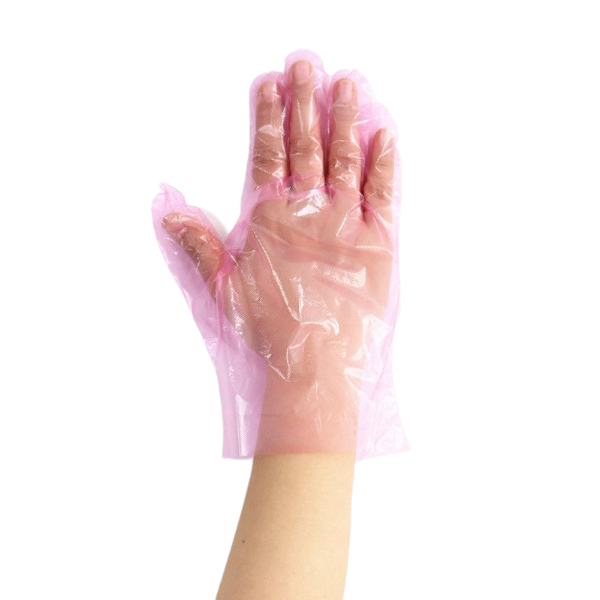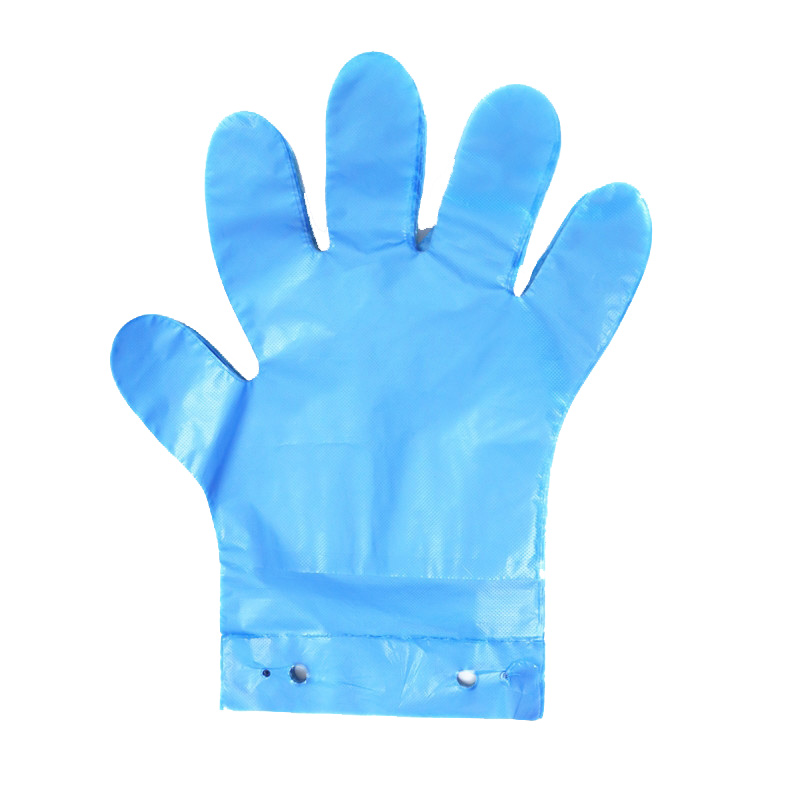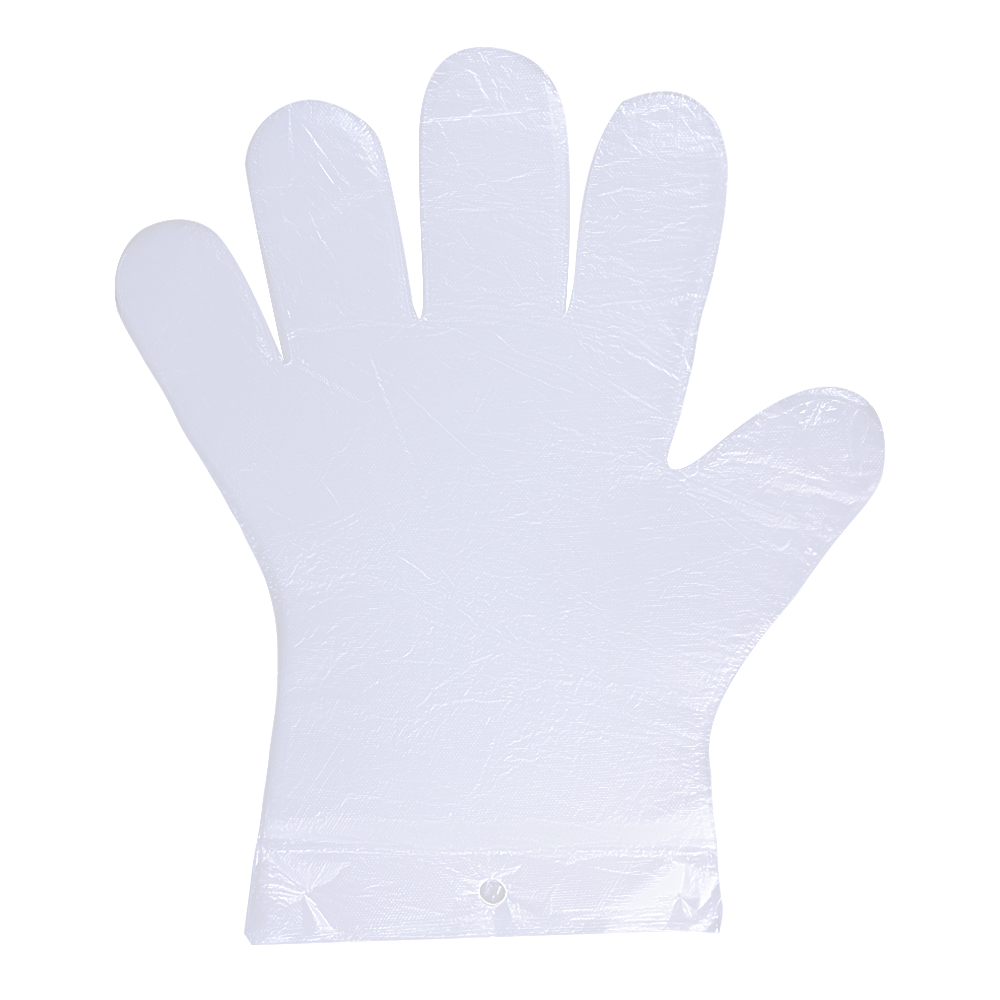Factory Making Cake Piping Bags - Easy-Fit Food Prep Pink LDPE Glove – Ruixiang
Factory Making Cake Piping Bags - Easy-Fit Food Prep Pink LDPE Glove – Ruixiang Detail:
Description
TPE embossed gloves are fully embossed to increase traction. They provide better barrier protection and are more environmentally friendly and cheaper alternatives to vinyl gloves.
TPE embossed gloves have better strength and durability, and are suitable for standard PE gloves.
They are made of thermoplastic elastomers and are used for light food processing and light industrial applications.
Polyethylene Gloves
Polyethylene is one of the most common and cheapest plastics, often identified by the initial PE, it is a plastic with excellent chemical stability and is therefore often used as an insulator and as a film in contact with foods (bags and foils). In disposable glove production, by cutting and heat sealing film.
High-density polyethylene (HDPE) is harder than low-density polyethylene and is used for gloves that require minimal cost (see gas station or department store use).
Low-density polyethylene (LDPE) is a more flexible material with lower rigidity and is therefore used in gloves that require higher sensitivity and softer welds, for example in the medical field.
CPE (cast polyethylene) is a polyethylene formulation that, due to calending, has a special rough surface, allowing for higher sensitivity and grip.
TPE gloves are made of a thermoplastic elastomer, a polymer that can be molded multiple times when heated. Thermoplastic elastomers also have the same elasticity as rubber.
Like CPE gloves, TPE gloves are known for their durability. They weigh less (g) than CPE gloves and are also flexible and elastic products.
Product detail pictures:


Related Product Guide:
We always follow the principle "Quality Very first, Prestige Supreme". We have been fully committed to delivering our customers with competitively priced high-quality products and solutions, prompt delivery and experienced services for Factory Making Cake Piping Bags - Easy-Fit Food Prep Pink LDPE Glove – Ruixiang , The product will supply to all over the world, such as: Oman, Denmark, Surabaya, With strong technical strength and advanced production equipment, and SMS people purposefully , professional, dedicated spirit of enterprise. Enterprises took the lead through the ISO 9001:2008 international quality management system certification, CE certification EU ; CCC.SGS.CQC other related product certification. We look forward to reactivating our company connection.
The customer service reprersentative explained very detailed, service attitude is very good, reply is very timely and comprehensive, a happy communication! We hope to have a opportunity to cooperate.





